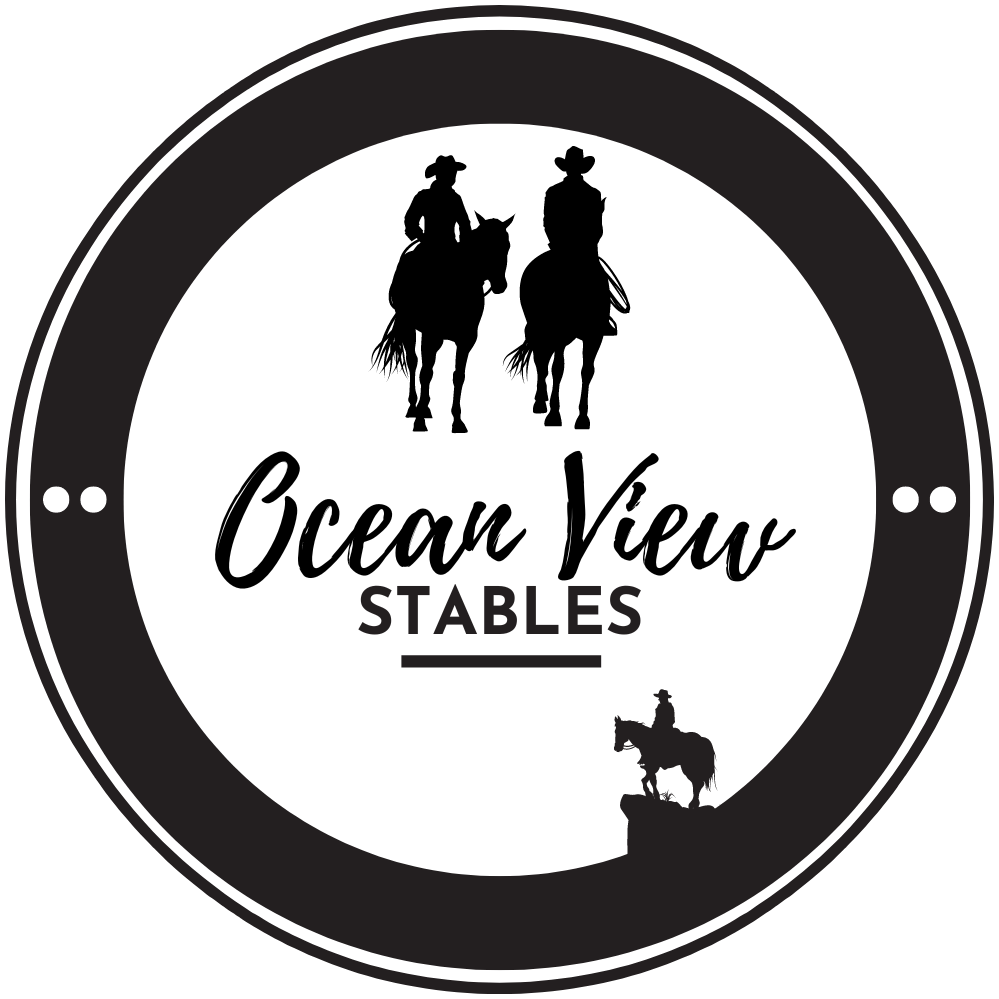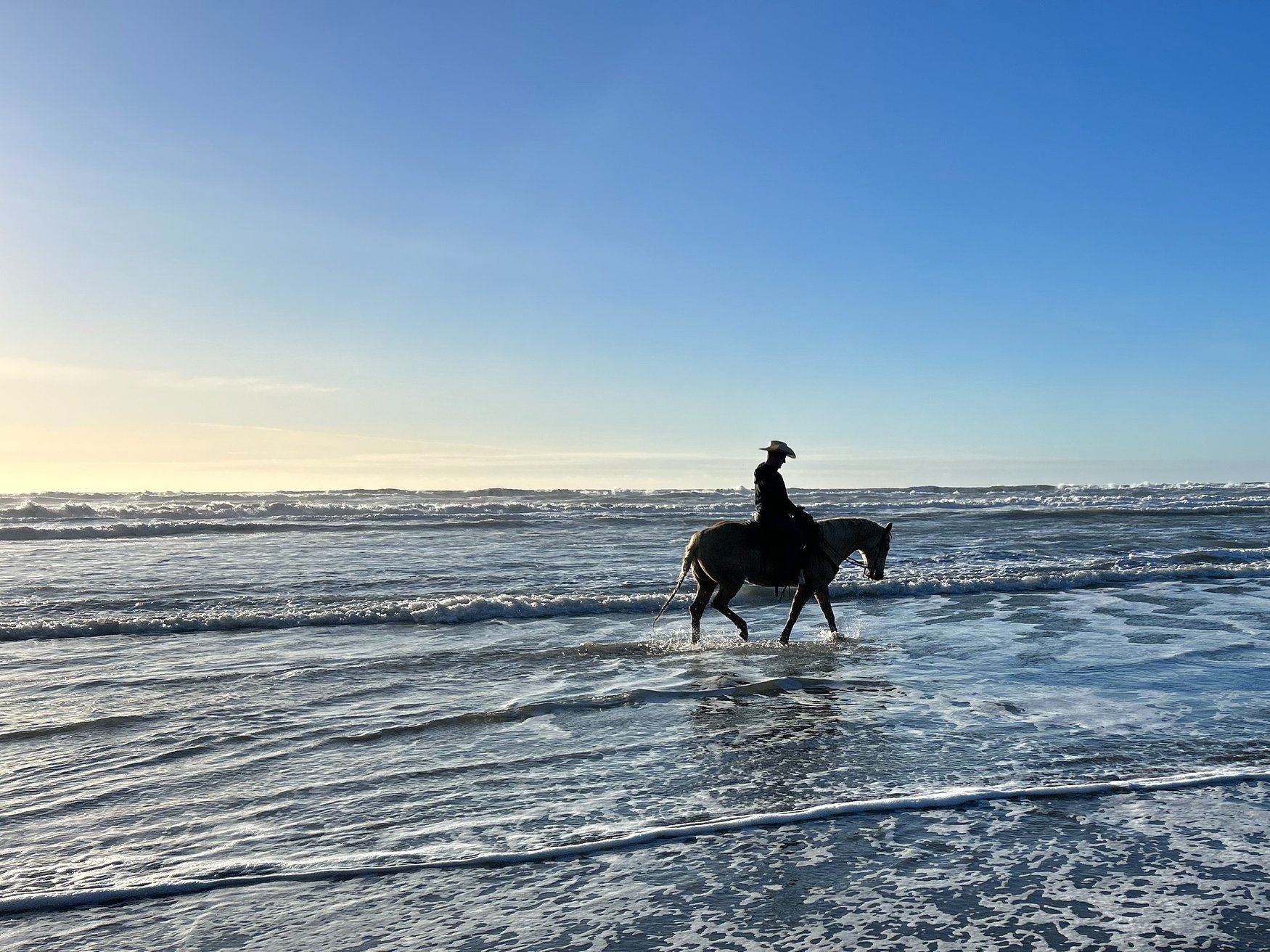Trust and Communication: Building Relationship Skills Through Horseback Riding
At Ocean View Stables, we believe horseback riding is more than just a recreational activity - it's an opportunity to develop crucial relationship skills. Through the principles of natural horsemanship and immersive experiences on our trail rides, we strive to create an environment for building trust and communication between rider and horse.
In this fast-paced world, where technology rules and face-to-face interactions are becoming increasingly rare, our stables provide a unique setting to foster these vital skills. Whether you're a beginner or an experienced rider, our team is dedicated to helping you strengthen your relationships through the power of horseback riding.
Keep reading to learn more about how horseback riding can help you build trust and communication.
Better Teamwork
Horseback riding teaches riders the importance of clear communication with their equine partners. Riders must learn to give precise cues and respond appropriately to the horse's signals, creating a mutual understanding. This interaction requires attentive listening and adaptability, essential skills for effective teamwork.
Through these experiences, riders develop a heightened awareness of their actions and their impact on those around them. They learn patience and empathy, as building a strong bond with the horse involves understanding its needs and emotions. These skills naturally translate into improved collaboration and cooperation with others in various aspects of life.
Understanding Non-Verbal Cues
Riders gain valuable insight into non-verbal communication while interacting with their horses. This experience enhances their ability to interpret and respond to subtle body language, an essential skill that benefits interpersonal interactions as well.
Developing these skills requires attention to detail and keen observation to understand cues beyond spoken words.
Here are key aspects of non-verbal cue interpretation fostered by horseback riding:
Observing changes in the horse's posture and movements helps anticipate its reactions and needs.
Recognizing the significance of the horse's ears and eye movements reveals its feelings and intentions.
Developing sensitivity to the rhythm and tension in the horse's gait aids in adjusting communication techniques.
Understanding the context in which a cue is given assists in discerning its meaning and the appropriate response.
Through these practices, riders enhance their awareness of non-verbal signals, building stronger connections with their horses and their human relationships.
Overcoming Challenges Together
Navigating the challenges that arise during horseback riding can strengthen the bond between rider and horse. Whether adjusting to a horse's temperament or tackling difficult trails, riders must work in harmony with their equine partner. These experiences foster resilience as they require adapting strategies to overcome obstacles together.
As riders face these challenges, they learn the value of mutual support. Trust grows as each successful maneuver builds confidence, reinforcing the partnership. This cooperative spirit, developed through shared experiences, can enhance collaboration and trust in other areas of life as well.
Experience the Joy of Horseback Riding in San Francisco
At Ocean View Stables, we provide guided trail rides in San Francisco. Contact us now to learn more!

